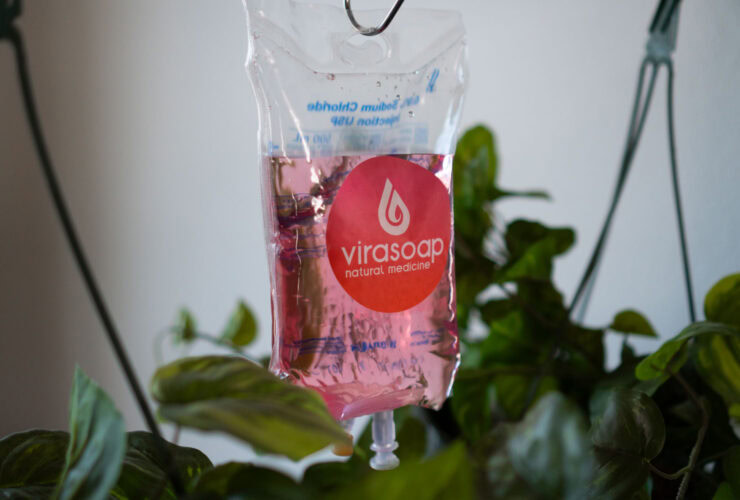In the quest for longevity and health, Hollywood has turned its spotlight on a new player: Nicotinamide Adenine Dinucleotide (NAD). This natural compound is gaining traction as an alternative to pharmaceuticals like Ozempic, which are commonly used for managing conditions such as diabetes. But what exactly is NAD, and how does it stack up against these drugs?
What is NAD?
NAD is a coenzyme found in all living cells. It plays a crucial role in energy metabolism and maintaining cellular health. As we age, our NAD levels decline, leading to a decrease in vitality and an increase in age-related diseases. By boosting NAD, proponents believe we can potentially slow down or even reverse aspects of aging.
The Science Behind NAD
Research suggests that NAD can help repair DNA, protect brain cells from damage, reduce inflammation, and boost metabolism. These benefits are particularly appealing to those looking to maintain their youthfulness and prevent chronic diseases.
NAD is crucial for survival. Lacking the essential nutrients to produce it can lead to severe diarrhea, cognitive problems, inflamed, flaky skin, and ultimately a fatal wasting. On the flip side, having plenty of it might make you feel more alert, better rested, and full of vigor, essentially giving you a youthful edge.
NAD vs. Pharmaceutical Drugs
While drugs like Ozempic are designed to target specific conditions, NAD offers a more holistic approach. It’s not just about managing a disease; it’s about enhancing overall well-being. Unlike many pharmaceuticals, NAD supplements and IV drips don’t come with a long list of side effects. Instead, it supports the body’s natural processes.
How to Increase NAD Levels
If you’re looking to increase your body’s levels of NAD (nicotinamide adenine dinucleotide), a crucial molecule for energy production and cellular health, it’s important to know the most effective strategies—and what to steer clear of.
Contrary to what you might think, taking NAD directly as a supplement won’t do the trick. The reason is simple: the NAD molecule is too large to be absorbed by our cells when taken orally. Despite testing various NAD boosters, blood tests show that these supplements don’t significantly raise NAD levels. Not only is NAD too big to enter cells effectively, but if you consume it orally, your gut bacteria will break it down before it can have any benefit.
There are several ways to boost NAD levels:
- Diet: Foods rich in niacin, like fish, avocados, and green vegetables, can help.
- Exercise: Regular physical activity has been shown to increase NAD production.
- Supplements: NAD precursors, such as nicotinamide riboside (NR) and nicotinamide mononucleotide (NMN), are available as supplements.
- IV NAD Drips: IV therapy infusions can be administered directly containing the vitamin to provide direct, anti-aging benefits, without pitfalls of oral consumption.
The Verdict
While NAD seems promising, it’s important to remember that it’s not a magic pill or infusion. A healthy lifestyle is still the foundation of good health. However, for those looking for natural ways to enhance their well-being and potentially delay the effects of aging, NAD could be worth considering.
As with any supplement or medication, it’s essential to consult with a functional medicine healthcare professional before starting any new regimen, especially if you have existing health conditions or are taking other medications.
NAD may not be a household name yet, but its potential makes it a natural alternative worth watching. Whether it will stand the test of time in the competitive market of anti-aging products remains to be seen, but for now, it’s certainly making waves in Hollywood and beyond.
Subscribe to Updates
Get the latest posts delivered to your inbox.





